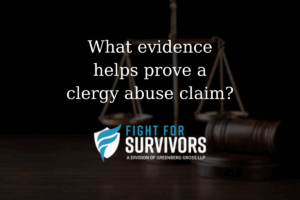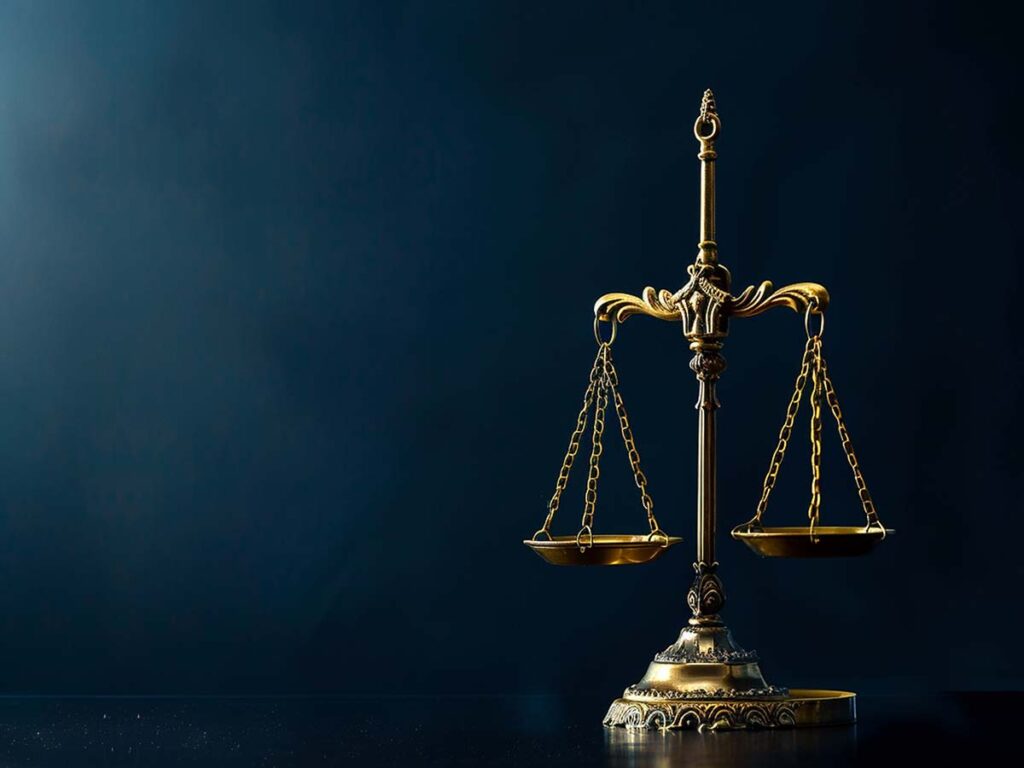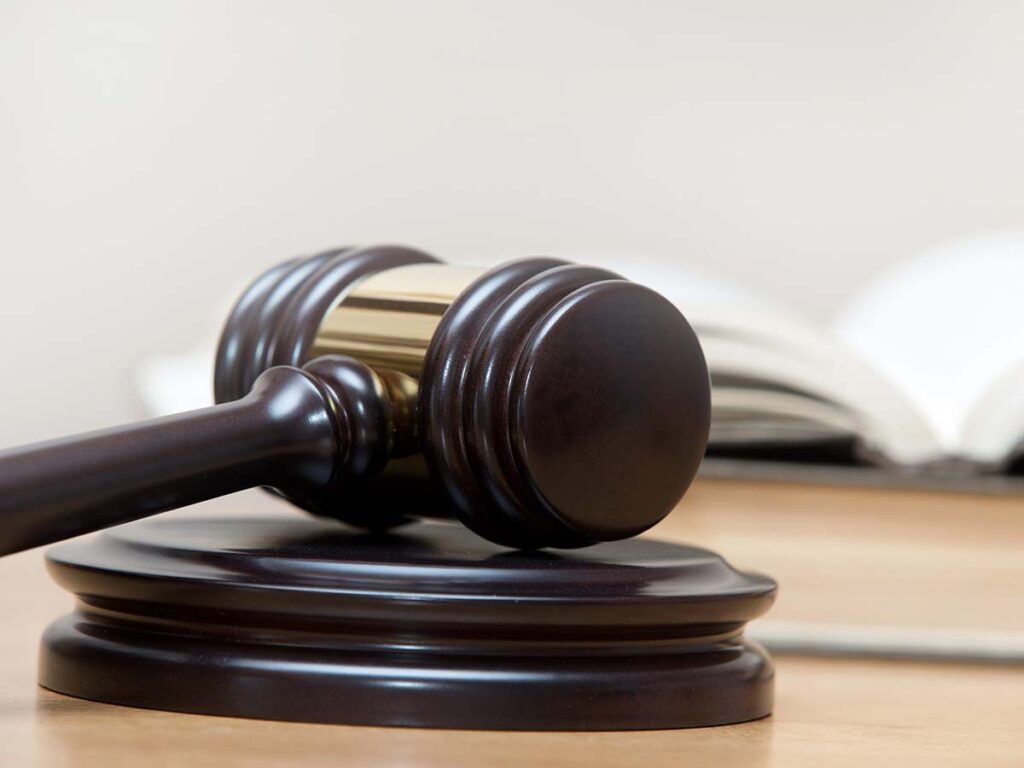
For survivors of clergy sexual abuse, proving what happened can feel overwhelming. Abuse often occurs in private, leaving little direct evidence. But courts recognize that even without physical evidence, a clergy sexual abuse case can move forward with credible documentation, witness testimony, and a thorough investigation. A strong case combines different kinds of valuable evidence to support survivors of clergy sexual abuse and to hold abusive clergy members and religious institutions accountable.

Types of evidence that support an abuse lawsuit
In many sexual abuse cases, medical records can be a crucial starting point. Records of medical treatment, therapy, or hospital visits may connect to the time when the abuse occurred. Witness statements and witness testimony from church members, family, or other victims can also strengthen a clergy abuse lawsuit. Physical injuries may leave forensic evidence, but even without that, gathering evidence like relevant documentation, personal journals, or emails can demonstrate a pattern of inappropriate behavior by a clergy member.
How clergy abuse survivors can use documentation
Contact Us For A Free Legal Consultation. No Fee.
Call (833) 55-FIGHTSurvivors of clergy sexual abuse may feel hesitant to disclose details, but gathering evidence such as medical records or counseling notes can be powerful. These records may show the emotional and psychological toll of sexual assault, including post traumatic stress disorder, depression, or long-term emotional trauma. Courts recognize this emotional and psychological evidence as compelling evidence in a clergy sexual abuse lawsuit. Survivors may also show lost wages or future earnings lost due to the emotional distress caused by abuse.
The role of other victims and religious institutions
In many clergy abuse cases, testimony from other victims provides valuable evidence. When multiple survivors of sexual abuse report similar acts by the same clergy member, courts see a stronger pattern. Religious institutions and religious leaders who failed to act may also be named in a civil lawsuit. Evidence that church members or a religious organization ignored reports or transferred clergy refers to systemic cover up, which can be used in civil claims.
How a clergy sexual abuse lawyer helps build a case
A clergy sexual abuse lawyer knows how to gather relevant documentation, interview witnesses, and prepare compelling evidence for courts. Survivors of clergy sexual abuse often benefit from legal representation that guides them through the legal process and protects their rights. An attorney can calculate damages, including medical expenses, lost wages, and non economic damages like emotional trauma, and seek compensation through civil cases. Legal action may not erase the harm, but it can help survivors seek justice and deserve compensation.

Taking the next step with Greenberg Gross LLP
If you are considering a clergy sexual abuse lawsuit, you do not have to carry the burden of gathering evidence on your own. Greenberg Gross LLP works with clergy sexual abuse survivors to investigate abuse claims and pursue justice against clergy members and religious institutions. Contact us today for a free legal consultation and confidential consultation to review your clergy abuse case and learn how a clergy sexual abuse lawyer can help you move forward.
FAQs about proving a clergy abuse lawsuit
What counts as valuable evidence in a clergy sexual abuse case?
Medical records, witness statements, relevant documentation, and testimony from other victims can all serve as valuable evidence in clergy abuse lawsuits.
Can a clergy sexual abuse lawsuit move forward without physical evidence?
Yes. Courts recognize that abuse occurred even without direct evidence. Emotional and psychological records, medical treatment, and personal documentation can serve as compelling evidence.
How can clergy sexual abuse survivors strengthen their case?
Survivors can gather relevant documentation, seek emotional support, and work with a clergy sexual abuse lawyer who understands how to build strong abuse claims.
Can religious institutions be part of a clergy abuse lawsuit?
Yes. Religious institutions and religious leaders may be liable if they ignored reports, transferred abusive clergy members, or allowed sexual misconduct to continue.
What damages can survivors of sexual abuse recover?
Survivors may recover medical expenses, lost wages, future earnings, and non economic damages for emotional distress. A clergy sexual abuse lawsuit may also help survivors seek justice and hold institutions accountable.
Experienced Attorneys Who Will Listen And Fight For You
Speak To An Attorney Now »